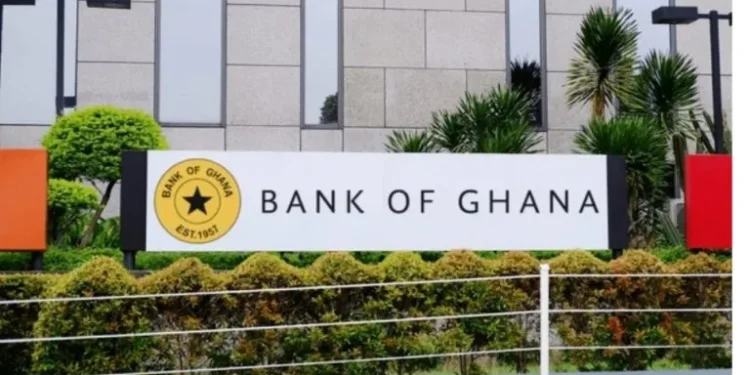BoG Imposes Five-Year Credit Ban on Wilful Loan Defaulters
The Bank of Ghana (BoG) has introduced stringent measures to curb rising non-performing loans (NPLs), including a five-year prohibition on credit access for wilful loan defaulters.
Under the new directive, regulated financial institutions — including commercial banks — will be required to publish the names of such defaulters twice yearly, on June 30 and December 31, in at least two national newspapers and on their websites.
Defining Wilful Default
A borrower will be classified as a wilful defaulter if they fail to repay a loan despite having the capacity to do so, divert loan proceeds for other uses, or obtain a loan using falsified collateral or fraudulent documents. The restrictions also extend to company directors implicated in fund diversion, misrepresentation, falsified accounts, or other fraudulent activity.
Credit Restrictions
Financial institutions are prohibited from granting fresh loans to defaulters from the date BoG approves a loan write-off. The ban will last for twice the period between the write-off approval and the full settlement of the debt. Borrowers listed as wilful defaulters two or more times within a decade will face an automatic five-year ban, or longer where the calculated restriction exceeds that duration.
Restoring Credit Access
Defaulters may regain eligibility for loans upon full repayment of all written-off amounts, including fees, and subject to the lender’s assessment of their repayment capacity and willingness.
NPL Prudential Limits
The central bank has also set a maximum NPL ratio of 10% for banks and other lenders, to be met by the end of 2026. Microfinance institutions will maintain their existing 5% threshold. From January 1, 2027, institutions exceeding these limits will be barred from paying dividends, issuing bonuses, or expanding their loan books.








